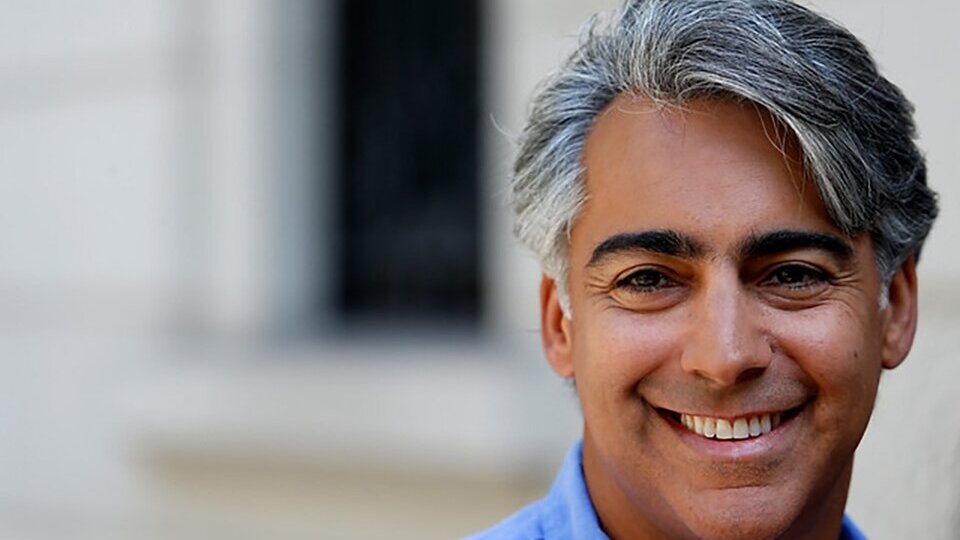
Eight years later, the trial against Marco Enriquez-Ominami, a four-time candidate for the presidency of Chile and a friend of President Alberto Fernandez, began in one of his lesser-known episodes. By law In Latin America, one of the most interesting.
Interestingly, among other reasons, judicial and media harassment against him sparked a political movement before he came to power, when he was at the height of his popularity, which overshadowed the outcome of the case. For another, because Flags of this movement, which sought to transform the country through institutional means, culminated in the demands of the 2019 Chilean anti-establishment eruption., without leadership, real changes cannot be achieved. Third, the quagmire of accusations against Marco ruined the trail and the picture Sebastian Piñera, right-wing candidate in 2017. While he was running for a second term as president, despite being involved in various scandals ranging from bank fraud Pandora Papers.
Finally, it is clear that one of the fundamental elements of the legal trap in Enríquez – Ominami v. is its aesthetics: Ban someone from politics and throw them into a whirlwind Kafkaian, it involves a process based on a widespread accusation and mixes the defendant, in the same trial, with people in the media, but accused of completely different crimes, in very different circumstances and for serious crimes. In this case, right-wing individuals held political office during the alleged period and therefore had discretion over laws, decisions, and public resources. The mechanism is well summed up in an old Chilean proverb: One muddy pig wants to muddy another.
Lawyer Roberto Garrido, a specialist in public integrity issues, sums up this point precisely in a column recently published on the specialized site “enestrado.com”. Advocate maintains:Known as Don Pablo Longuera -The other defendant in the trial- and Mr. Marco Enriquez-Ominami has no personal ties or political connections. They are not charged with the same fact or the same crime. The evidence for each case is different, there is no logical connection that would legally allow us to understand why all of these facts are strung together to make the SQM case a mega-case that, due to its size, is impossible to even order. Before the court and the parties involved (…) If each trial were seen separately, these tests would have already been fulfilled, with legal certainty of guilt or innocence, and would operate with criteria of efficiency, effectiveness and economy. Cooperation in justice and criminal cases and with it the necessary confidence of society in our rule of law
The Chilean penal system was recently reformed to implement the principles of presumption of innocence, immediacy, single trial, and pretrial and due process. But, as in many places, the law took humanity out of the system and into a pre-modern state where it did not matter whether the defendant had committed a crime or not: what mattered was that he was convicted.
The author is an anthropologist and humanist doctor. Member of the Academic Committee of the Puebla Group

“Introvert. Thinker. Problem solver. Evil beer specialist. Prone to fits of apathy. Social media expert. Award-winning food fanatic.”





More Stories
Two influencers drown after refusing to wear life jackets: “ruining selfies”
Uruguay 2024 election results: who won and when is the second round | Waiting to know whether there will be a runoff or not
Uruguay: Lacalle Pou leaves with his figure on the slopes | The Marcet and Asteziano scandals hit the right-wing ruler